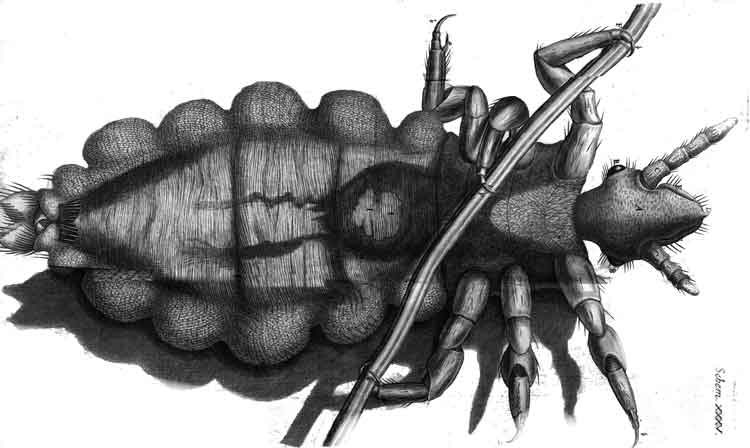Beth Berkowitz, Religious Studies, Barnard College (in collaboration with the Jewish Studies workshop and the Chicago Center for Jewish Studies)
“The Question of Gentile Bestiality: Shame, Subjectivity, and Sex with Animals in Babylonian Talmud Sanhedrin 55a-b”
What happens when we include other species in our understanding of subjectivity?” That is the question that Colleen Glenney Boggs in her Animalia Americana sees at the core of animal studies. In one version of animal studies, this means having animals join the ranks of liberal subjects, along with women, African-Americans, gays and other historically marginalized groups. But in another version, that inspired by Derrida, the liberal subject is not expanded, but exploded. Animal studies deconstructs subjectivity rather than redefining it. In this paper I will argue that a talmudic discussion on Sanhedrin 55a-b that asks whether an animal who has sex with a gentile should be tried and executed – does both. This passage expands subjectivity to include the animal, but the passage also, in the course of its argumentation, destabilizes the schemas of subjectivity such that subjectivity itself is questioned. The discussion of talmudic texts in this paper suggests, building on but also modifying Boggs, that subject formation is not distinctive to modernity, and neither is the criminalization of bestiality and its operation as a site of biopolitical regulation and resistance. The talmudic laws serve as a site for exploring spectrums of subjectivity, and they challenge in some ways and reinforce in others the binaries (human/animal, but also animate/inanimate, male/female, child/adult, Jew/non-Jew) that dominate legal discourse.
Request a copy of the paper by emailing kpflaum@uchicago.edu.
Light refreshments will be served.
This event is free and open to the public. Persons with disabilities who may need assistance to attend should contact Katharine Mershon (kpflaum@uchicago.edu).


Recent Comments